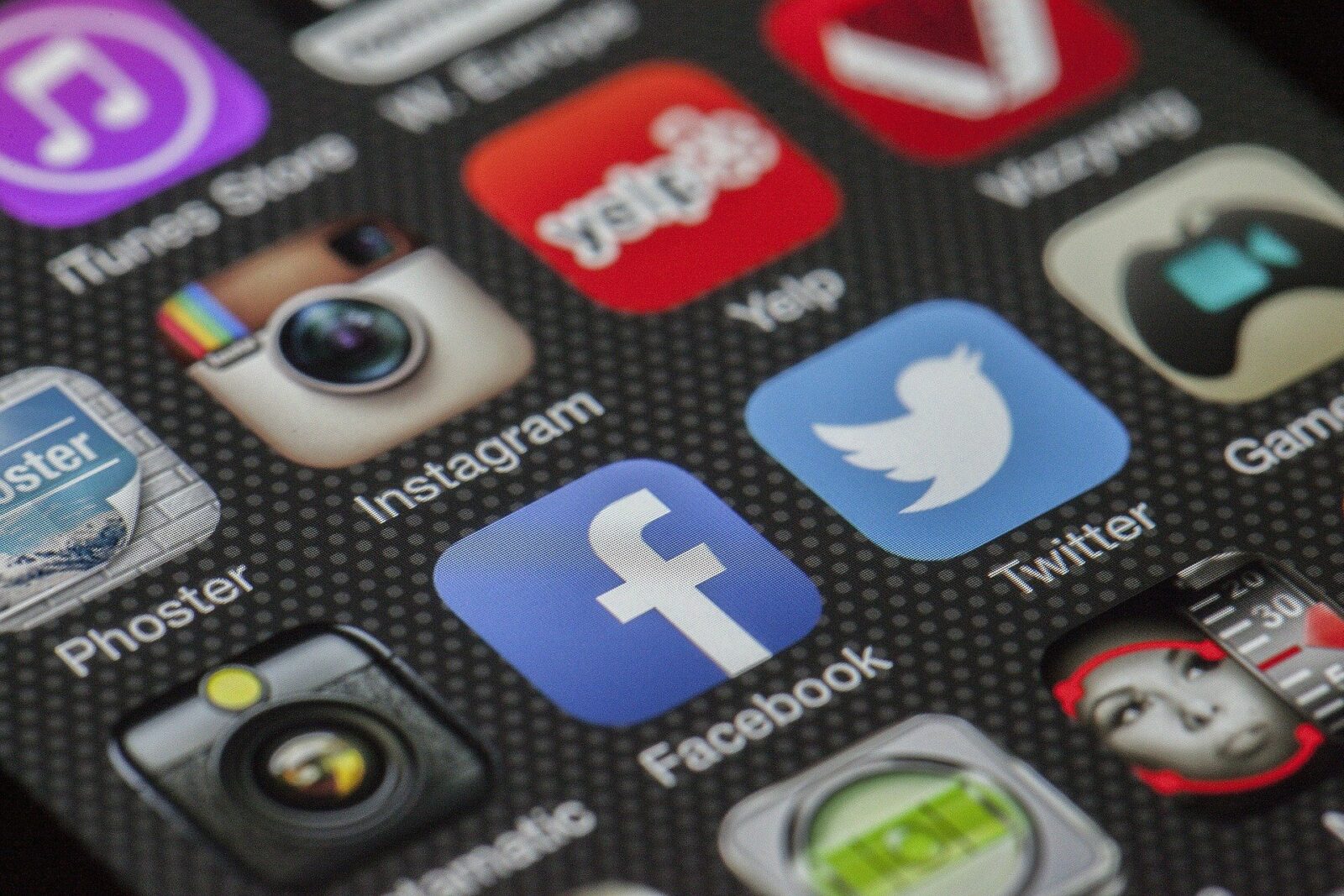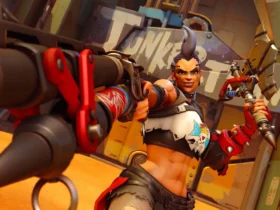If you ever believed that you are met with lots of anger and turmoil whenever you open any social media app, you are mostly right – A new study describes how social networks are encouraging us to propagate more moral outrage with time.
The phenomenon is believed to be triggered by the likes, shares, and interactions we receive whenever we publish outpourings of indignation that are provocative.
It works as somewhat of a feedback mechanism, as it encourages us to remain morally triggered more often and more visible in ulterior posts.
The study focuses on how reinforcement learning is noticeable in the instances of online political discussion, William Brady, a computational social psychologist of Yale University and member of the research team, said.
He explained that social media’s incentives are impacting the tone of the political discussions we take part in online.
“This is the first evidence that some people learn to express more outrage over time because they are rewarded by the basic design of social media,” he added.
The team relied on computer software to inspect 12.7 million tweets coming from 7,331 Twitter users, gathered during numerous controversial events like debates over hate crimes or other revolting situations.
For a tweet to be qualified as morally outraging, it had to check three boxes: First, it had to be a response to a violation of an individual’s morals, it had to depict feelings like anger, disgust, or contempt, plus it had to blame somebody or had to call for somebody’s accountability.
The researchers discovered that receiving more likes and retweets made users more likely to partake in moral outrage in their later posts.
Two ulterior experiments with 240 participants revealed similar situations and also depicted that users have a tendency of conforming to the “norms” of the social networks they are using in terms of what must be expressed publicly and to what extent.












Leave a Reply